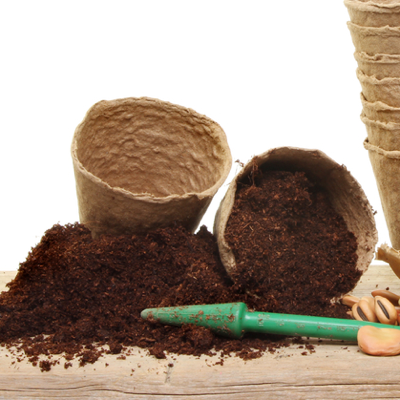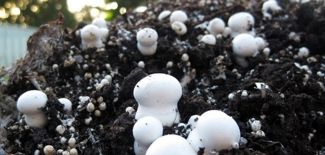Should You be Worried About Legionnaire's Disease in Compost?
Gardening, whilst being one of the safest hobbies there is, also carries it's fair share of risks.
Recently there has been items in the news about concern over bacteria that can cause Legionnaire's disease being found in bags of organic compost, so is this something that you should be worried about?
There are two types of Legionnaire's disease that gardeners may be exposed to: Legionella longbeachae which occurs in soil and the more common Legionella pneumonophilia which causes respiratory problems widely known as Legionnaire's disease. This latter type is common in stagnant water that is between 20 and 45 degree centigrade, which allows the bacteria to multiply to dangerous levels.
The recent scare in the case of L. longbeachae comes after many manufacturers have switched from using peat-based mixtures to wood-based ones that use materials such as sawdust. This is the same way that compost is cerated in Australia and New Zealand although compost bags over there come with warning labels advising gardeners to take precautionary measures.
Whilst uncommon, L.longbeachae is most likely to affect those with a supressed immune system or the elderly. It is contracted when dust contaning the organism is inhaled and early symptoms include fever, chills, headaches, muscle pain and shortness of breath.
In the UK you are not at a high risk of contracting Legionnaire's disease, however if you are concerned there are steps you can take to ensure that you stay as safe as possible when handling compost:
- When you buy compost, check the contents to find out if it is made with peat-based mixture or wood-based mixture.
- Open bags of compost away from your face, which will prevent you from inhaling any potential organisms when you break the seal.
- Avoid storing peat free compost in a greenhouse or place where it is warm as this will encourage the bacteria to increase in number.
- When handling dry compost, such as turning over your patch or trying to revitalise your heap, dampen the surface first and keep adding a little water to dry areas. This will prevent the dust from being propelle airborne where you may be at risk of inhaling it.
- If you are really concerned about the risks, then wear protective gloves and a dust mask when handling compost.
See our selection of compost online to find out about the different styles and ranges as well as the advnatages of each for your garden.

